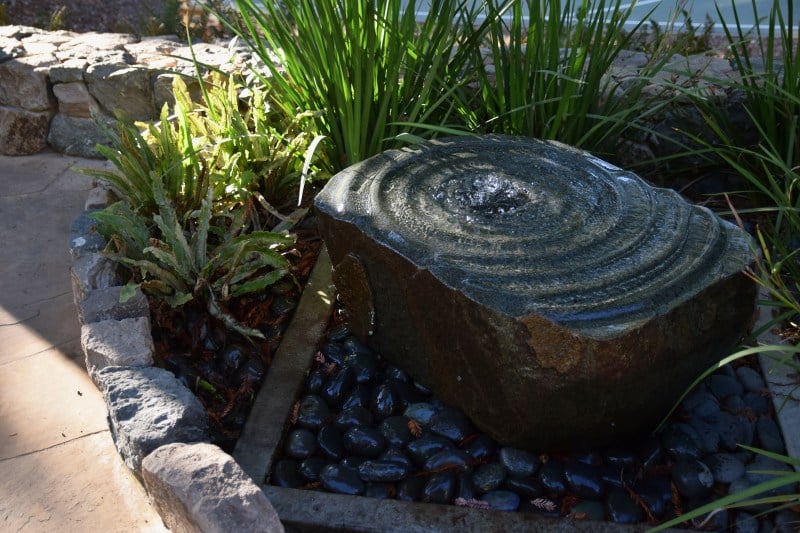CW: Mentions of sexual assault.
The cycle of sexual violence is twofold. There are the individuals who commit it, and there are those who decline the opportunity to acknowledge a survivor’s trauma — thereby condemning their experience to remain in the darkness. It is through the latter, of course, that sexual violence thrives.
Stanford continues to renege on its 2016 agreement to install Chanel Miller’s plaque with a quote of her choosing from her widely-read victim impact statement. The Provost’s decision follows the circulation of a petition in which over 2,200 members of our community stated that Stanford needs to uphold their agreement with Chanel Miller, as well as the Oct. 15 release of data from the Association of American Universities (AAU)’s 2019 Campus Climate Survey on Sexual Assault and Misconduct. The survey revealed that nearly 40% of female Stanford students experience sexual assault, but very few report it to anyone here.
Why is reporting so rare? The survey demonstrates rates of student trust in the institution to be dismally low: only around a quarter of female Stanford students believe campus officials to be “very or extremely likely to conduct a fair investigation” into a report of sexual assault or misconduct.
In her 2018 blog post on “Notes from the Quad,” Stanford’s Provost Persis Drell claimed that Miller’s quote would be too triggering for survivors, stating that it “expressed sentiments that would not be supportive in a healing space for survivors.” In doing so, however, she has conflated silencing a survivor with being survivor-friendly. It is an inherently contradictory (and untenable) position to hold.
After all, administrators do not face the consequences of the decisions they make regarding sexual violence on Stanford’s campus. Administrators are not the ones who live in dorms where sexual violence is committed, get roofied at parties, or face harassment by faculty. Yet, year after year, they make the decisions that marginalize the trauma of survivors and ignore concerns raised by students.
The ways in which we can work to minimize the triggering that the plaque may cause are manifold: attaching a trigger warning to the plaque itself; issuing a verbal heads-up to the residents of 664 Lomita, Jerry and surrounding areas; letting the community know about the plaque in the weekly undergraduate newsletter; putting a cautionary sign near the entrance of the garden, etc. Instead of discussing these options in tandem with establishing the plaque, Stanford has shut down all opportunities to honor a survivor and make our campus a more trauma-informed environment.
For now, the contemplative garden between 664 Lomita and Jerry bears no mark of Chanel Miller’s trauma. It is pleasant, well-maintained, and washed completely bare of any sign of the brutal crime committed there. It’s a pristine image, of course, that Stanford aims to project of its campus, despite the prevalence of sexual violence. Chanel Miller’s trauma, unfortunately, is one that many students share. In denying Miller a say over how her story is told, Stanford is not only silencing her voice, but also discouraging the hundreds of other student survivors from stepping forward.
Improving the statistics revealed by the AAU survey begins, not only with an acknowledgement of the survivor’s trauma, but also of the school’s role in it. The administration’s refusal to honor its agreement with Chanel Miller exposes its own failure to acknowledge the brutal reality that one could come to Stanford and end up being raped behind a dumpster. The administration cannot, however, attempt to compensate for its own failure to ensure the safety of our campus by silencing Chanel Miller’s voice.
As students and survivors, we have already confronted our disturbing susceptibility to being assaulted on campus. It is, after all, the reality we live. Will the Provost?
Contact Betsy Kim at ebkim ‘at’ stanford.edu.
